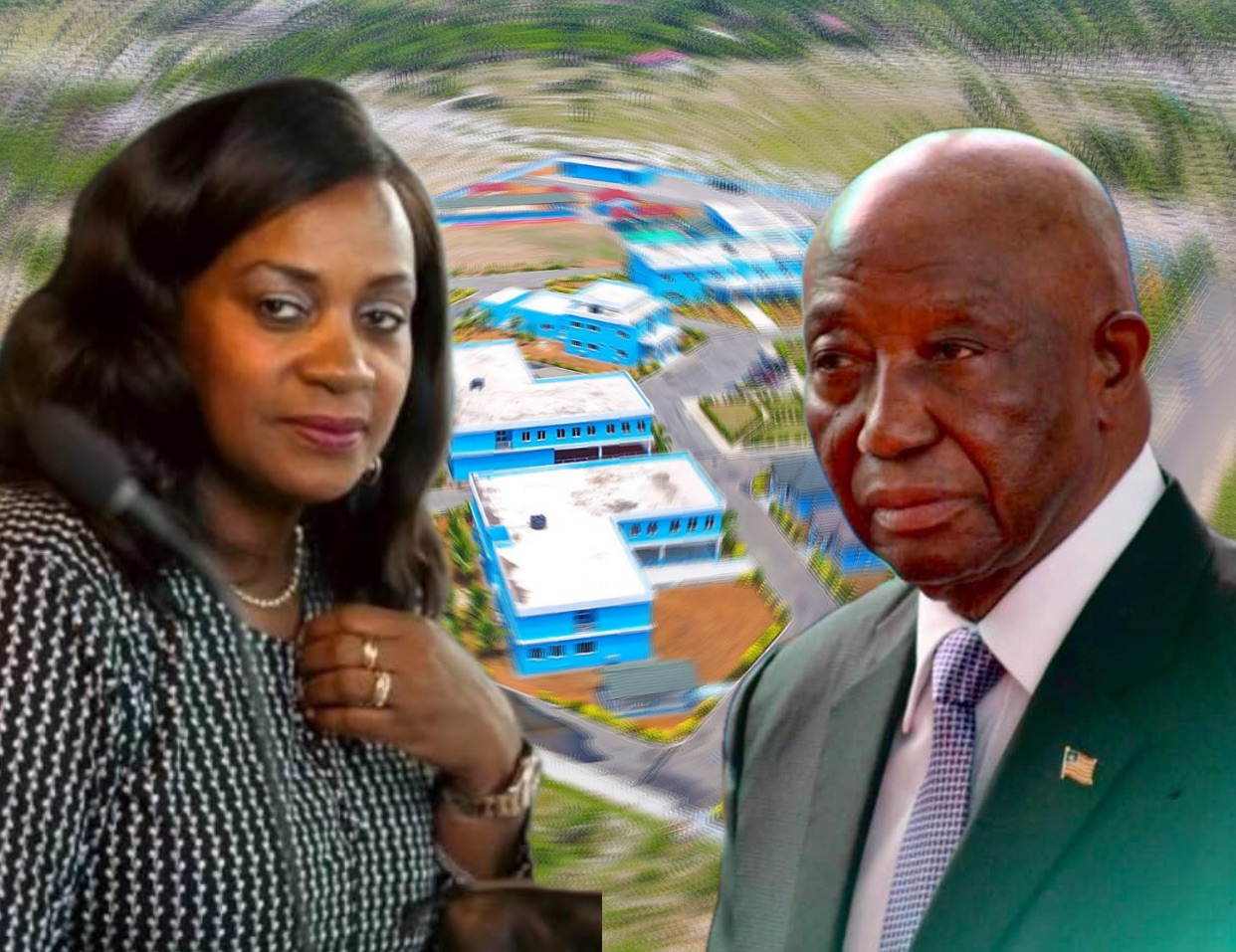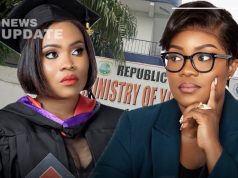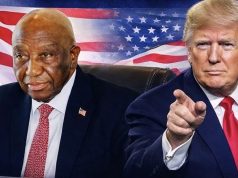As President Boakai intensifies probes into past governance, critics question the selective pursuit of justice and the political undertone of recent arrests.
Monrovia, Liberia – A wave of corruption-related investigations and arrests has taken center stage in Liberia’s political landscape, with President Joseph N. Boakai’s administration making headlines for pursuing former officials of the George Weah-led government. Among the latest high-profile individuals under scrutiny is former First Lady Clar Weah, whose philanthropic initiatives are now being probed for alleged misuse of public funds.
The Boakai-led Unity Party government has drawn both praise and criticism for its aggressive approach toward accountability. Since taking office, the criminal courts have seen an uptick in indictments against former officials, including ex-lawmakers and ministers accused of misappropriation of state resources. The campaign has been hailed by many citizens who view it as long-overdue justice, a chance to restore dignity to governance after years of alleged financial mismanagement.
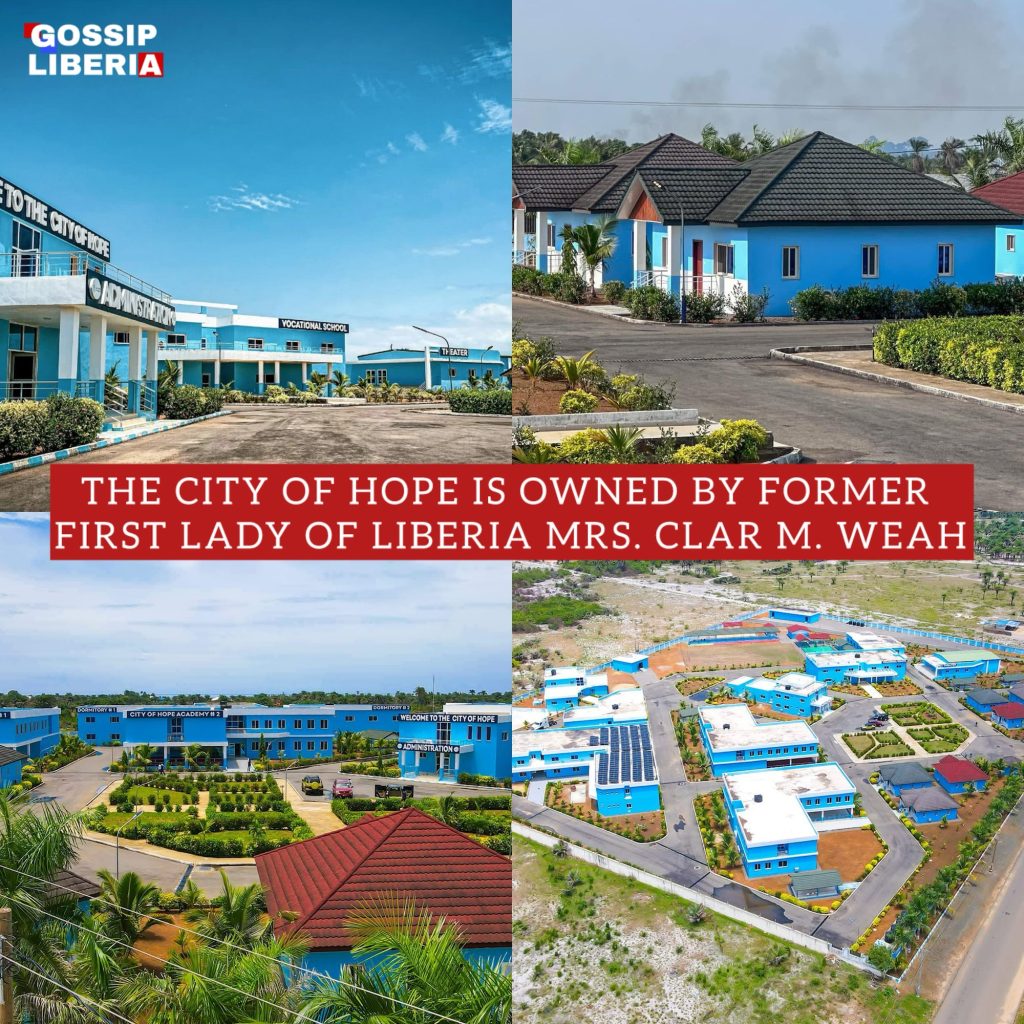
However, observers are beginning to question the focus and scope of the crackdown. While the current administration insists it is acting based on findings from the Liberia Anti-Corruption Commission (LACC), critics point out that the investigations seem narrowly concentrated on the immediate past administration, with little to no mention of officials from the Unity Party’s own 12-year rule under former President Ellen Johnson Sirleaf – a government in which Boakai served as Vice President.
The latest controversy surrounds the City of Hope, a charitable initiative championed by former First Lady Clar Weah. Designed to support underprivileged women and children battling drug addiction and poverty, the project has earned praise over the years. But recent investigations allege that public funds may have been diverted to finance the establishment. Authorities are now calling on Mrs. Weah to account for the sources of funding, with speculation mounting that she could face charges if found culpable.
“If proven that the City of Hope was built using public funds and presented as a personal philanthropic effort, then those resources must be reclaimed and reassigned to their rightful ownership – the Liberian people,” a senior official in the Ministry of Justice stated under condition of anonymity.
This development follows the indictment of several former officials and the ongoing investigation into some current lawmakers allegedly linked to the arson attack on the Capitol Building earlier this year. The growing list of cases has led to suspicions that the administration may be using anti-corruption as a political tool.
Political activists and opposition figures argue that the pattern of arrests and investigations appears strategic. “It’s beginning to look like a well-calculated plan to dismantle the Coalition for Democratic Change (CDC) politically,” said one vocal activist. “You can’t claim to clean up corruption if you’re only sweeping one side of the street.”
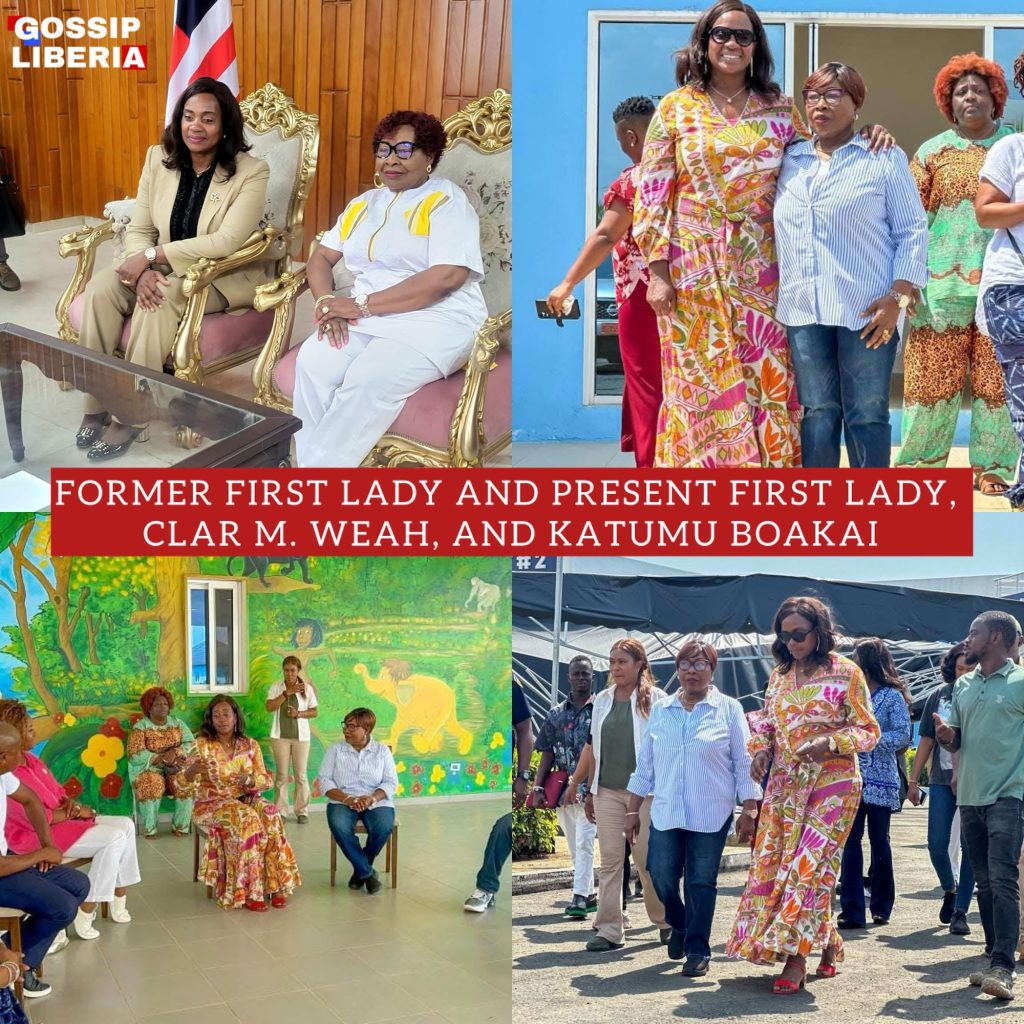
With tensions rising and political debates intensifying, Liberians are left to grapple with an important question: Is this a genuine fight for transparency, or a targeted campaign to rewrite the narrative of the past six years while shielding the longer history of government inaction?
As the Boakai administration continues its mission to hold alleged wrongdoers accountable, the nation’s quest for justice must balance transparency with impartiality – lest the pursuit of reform be undermined by perceptions of political bias.

